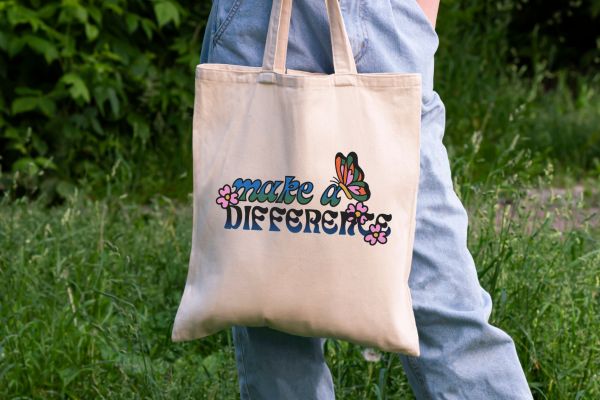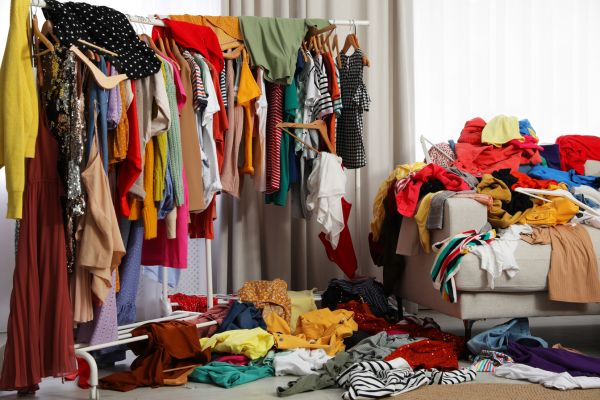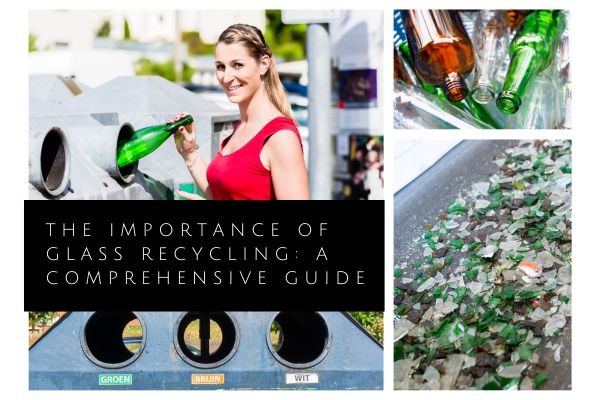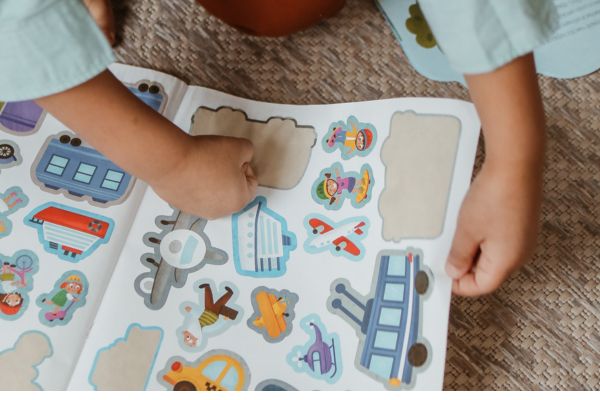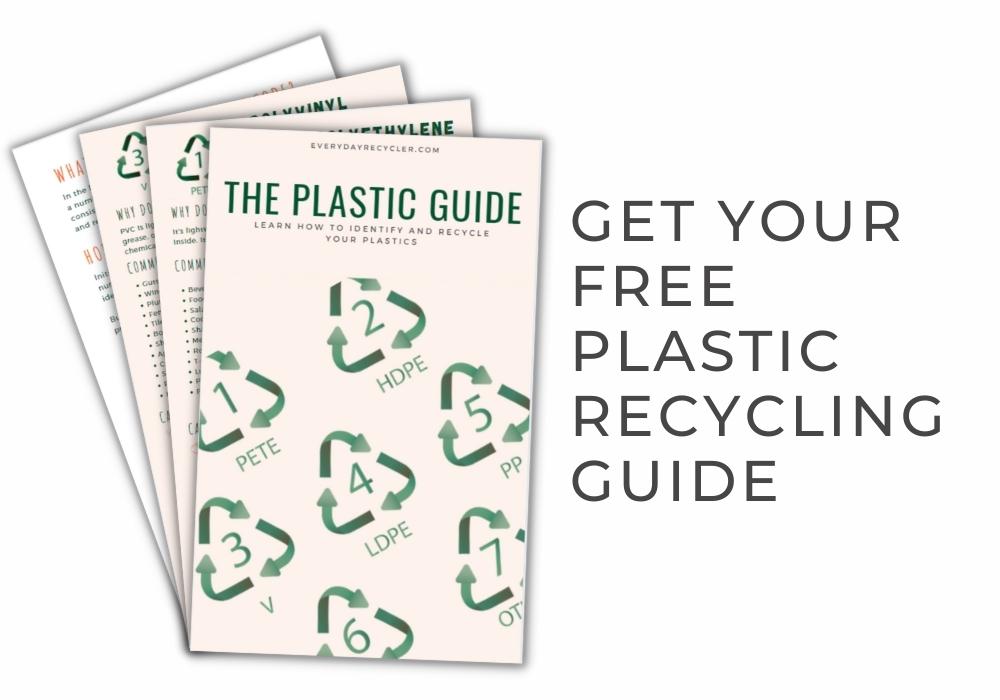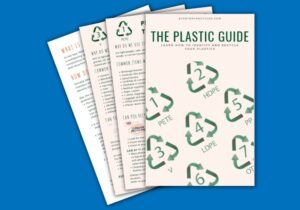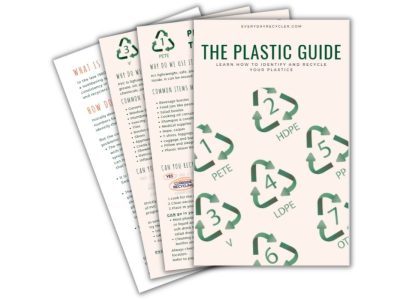I recently had the opportunity to participate in a Plastic Free July event with my local authority, and they asked me what my top tip was for going plastic-free.
It was good to reflect on the last few years and consider the changes I’ve made.
First, let’s be clear: I am in no way plastic-free!
I try hard, but sometimes there doesn’t seem to be a choice, and other times I just get it wrong, or occasionally I am just a little lazy and don’t make the effort that I should. But just like other changes we strive to make in our lives, such as regular exercise or eating well, we must simply keep trying until it sticks. Then, sometimes, it gets unstuck, and we have to make an effort to rebuild the habit again. This is regular life, I’m sure you’ve all been there too.
Despite this, when I look back, I see some really great changes that I’ve made, not just in my habits but also in the way I think.
So here are the best changes I’ve made:
I’ve Stopped Buying Stuff
This was the most important change that I made. Being raised in the ’80s, the age of stuff has made it a challenge, of course. I still get the urge to buy things just for the sake of it, but I can now recognize it and stop myself.
I am now much better at talking myself out of buying things. I might entertain the idea for a while, sometimes even sleep on it. But more often than not, I find an alternative. I buy something second-hand or try a local buy-nothing group to see if someone has one they no longer need, or I simply decide that I actually don’t need the item at all.
I’ve Swapped To Reusables (and I take them with me)
I know it’s a cliche, especially when it comes to Plastic Free July, but this has made a real difference for me. I always try to think ahead and take my reusable coffee mug just in case I want to grab a takeaway. I never go to the shop without my reusable bags and reusable produce bags. These are just a few things that are now just part of my regular routine.
You also definitely don’t need to buy a whole load of expensive designer reusable products. It’s about using what you have. I reuse other packaging where I can; on my recent trip overseas, I refilled an old lip gloss tin with moisturizer and used an empty mouthwash bottle for my face cleanser.
If you need some cutlery for work, just take a knife and fork from home. If you want a coffee mug for your workplace, simply buy a secondhand mug from a charity store instead of an expensive branded reusable coffee mug.
Switch To Refillable Products
I started buying refillable cleaning and personal care products a few years back, and it reduced the amount of plastic packaging I generate from my laundry and bathroom almost immediately.
I use ZeroCo products. They send you pouches filled with their product. You empty them into your reusable bottle at home and then post them back to be cleaned and refilled again. I buy most of my household cleaners, plus my shampoo, conditioner, and deodorant, from them. ZeroCo is only available in Australia, but there are many other great refillable options.
- If you live in the US or UK, then you can try Loop. Owned by TerraCycle.
- Blueland (Can, UK, Aus, NZ)
- Grove Collaborative
- Skipper (US and Aus)
- Zero Co (Aus)
- Smol (UK)
- Supernatural (Global)
Precycling
If you haven’t heard of precycling, this is where you think about an item, particularly a packaged item, before you buy it and consider if it’s recyclable or not. You consider the end of life of the item before you make a decision to buy it. With a focus on recycling you consider if the item and the material it’s made from can go in your recycling bin or not. If not, is there an alternative brand or product to buy?
For example, I prefer to buy ice cream in a polypropylene (PP plastic number 5) hard plastic container instead of a multilayer material, typically a plastic-lined cardboard container. I know that PP plastic is more likely to be recycled into a new product than the multilayer material.
Repair And Maintain Your Things
I think something we have lost over the last few decades, as things have become more accessible and cheaper, is respect for things that we own. The expression “Oh well, if it breaks, I’ll just buy a new one” is all too familiar. However, even cheap items of clothing or electronic gadgets have had a significant impact on the earth, from the extraction of materials to processing, manufacturing, and then transport. Plus, all the energy, water, and other resources that have been consumed in the process. Every item created should be kept in use as long as possible.
It can be hard and often more expensive to repair things than replace them outright, but we should at least try. Repair cafes are a great option if you need help.
My husband and I have started considering the maintenance of things more and understanding the right way to look after them. For example, we recently learned to clean our washing machine properly. If you don’t keep the machine clean, detergent can build up, impacting the components and shortening its lifespan, potentially resulting in the need to buy another one prematurely. Plus, a clean, well-working washing machine runs more efficiently and uses less energy and water.
I hope this helps you on your journey to reduce your plastic use.
You can get more tips for Plastic Free July and reducing your plastic in Our Top 6 Tips for Taking Part in Plastic Free July.


